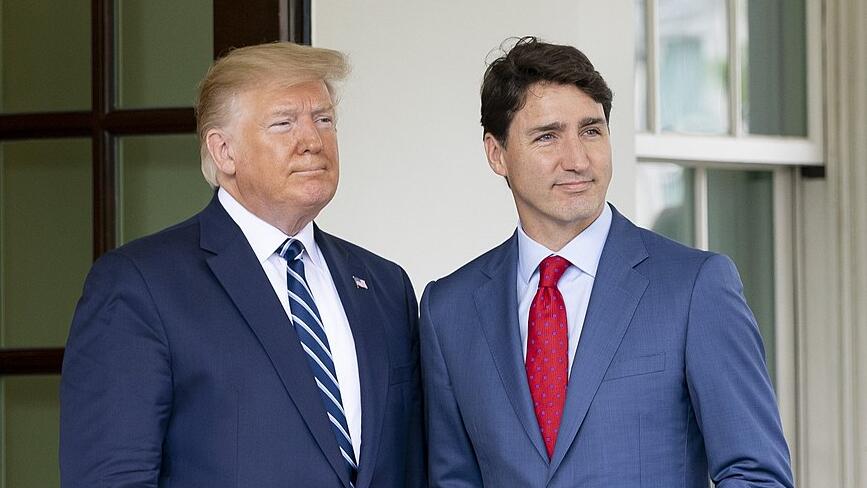United States President-elect Donald Trump is considering evoking a national economic emergency for greater flexibility around implementing his threats to impose tariffs upon a number of countries, including China, Mexico and Canada, sources close to him say, according to CNN.
This would allow him to construct a new tariff program, by utilising the International Economic Emergency Powers Act (IEEPA), which unilaterally authorises a president to manage imports during a national emergency.
It would also empower the president to be able to mandate specific authorities to impose economic sanctions against these threats, regulating and prohibiting foreign exchange transactions, bank payments or credit transfers, and the importing or exporting of currency or securities, among other powers. He has done it before.
During his first term in office in 2019, Trump used the IEEPA to threaten Mexico with a 5% tariff on all imports into the U.S. - and a further rise to 25% if its southern neighbour wouldn’t take action to reduce the number of illegal immigrants pouring over the border.
The tariffs, which surprisingly are also aimed at one of its closest allies and neighbour Canada, were seen to have added fuel to the fire that led to the country's prime minister Justin Trudeau's decision to step down earlier this week.
The Canadian economy has taken a hit since COVID, and a 25% tariff that Trump is contemplating would likely send it spiralling even further.
Sources close to Trump say he likes the law for its ability to cast a wide-ranging jurisdiction over how tariffs are implemented, with greater flexibility in proving their necessity on grounds of national security.
